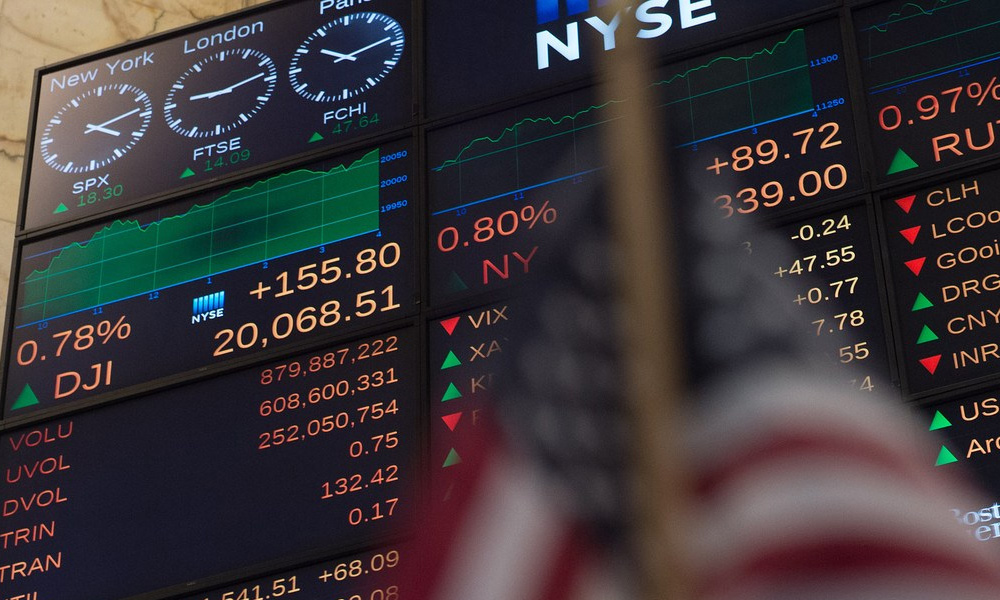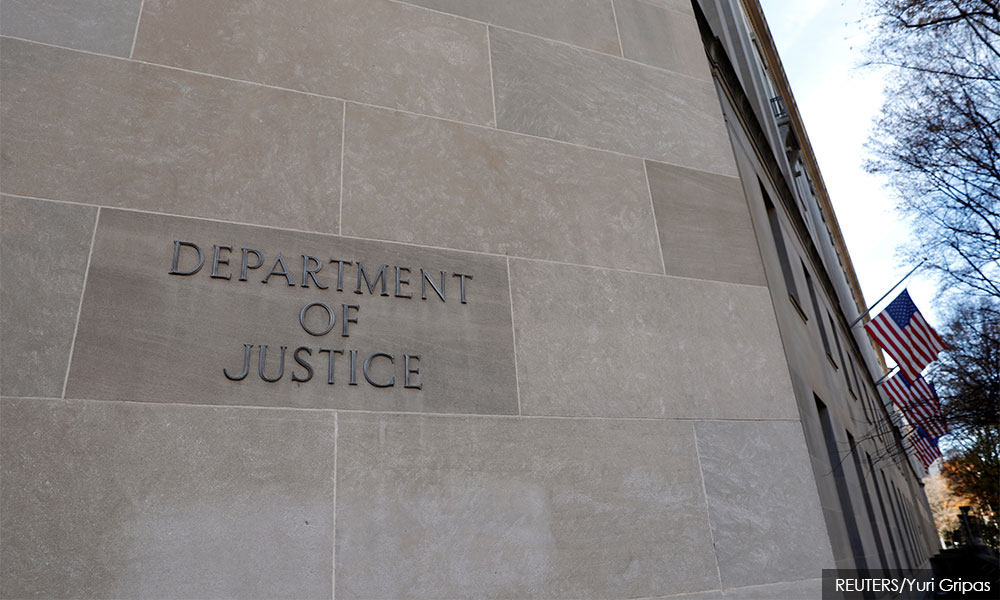US senators defend selling shares before coronavirus crash
Two Republican senators defended themselves on Friday against heavy criticism, including calls that they resign, for selling substantial amounts of stocks before the coronavirus-induced market meltdown and after closed-door briefings on the outbreak.
Senate Intelligence Committee Chairman Richard Burr (photo) sold up to US$1.7 million worth of stock on Feb 13 in 33 separate transactions after offering public assurances the government was ready to battle the virus. His financial filings were first reported by ProPublica.
Senator Kelly Loeffler also sold millions of dollars in shares in the weeks after lawmakers were first briefed on the virus, according to public filings.
Media reports about Burr and Loeffler, who have denied wrongdoing, prompted calls they leave office and other criticism from people as disparate as a progressive Democratic lawmaker and a conservative commentator.
Burr made public comments in line with Republican President Donald Trump's early assurances that the country could easily deal with the outbreak. Trump has since taken a markedly more serious tack.
But the senator told a private Washington luncheon two weeks after the stock sales that the coronavirus was much more aggressive "than anything that we have seen in recent history," according to a recording obtained by National Public Radio.

The comments predated Wall Street's series of avalanches.
In a statement Friday, Burr said he relied only on public news reports to guide his decision on the Feb. 13 stock sales.
"Understanding the assumption many could make in hindsight, however, I spoke this morning with the chairman of the Senate Ethics Committee and asked him to open a complete review of the matter with full transparency," Burr said.
Senate Ethics Committee Chairman James Lankford declined to comment.
Loeffler sold up to US$3.1 million in stocks in 27 transactions from Jan 24 through mid-February, as first reported by The Daily Beast.
The report said the sales began the day her health committee hosted a private coronavirus briefing for senators. She also made two purchases.
Loeffler said she was informed of the transactions three weeks after they occurred and that she is not involved in investment decisions for her portfolio.
"This is a ridiculous and baseless attack," she wrote on Twitter.
Trump said the senators should "possibly" be investigated.
"They said they did nothing wrong. I find them, the whole group, very honourable people," he told reporters.
Stomach-churning
Critics on both ends of the political spectrum called on Burr and Loeffler to consider resigning or at least explain the sales.
"Senator Burr owes North Carolinians an explanation," fellow North Carolinian and Republican Senator Thom Tillis wrote on Twitter. "His self-referral to the Ethics Committee for their review is appropriate, there needs to be a professional and bipartisan inquiry into this matter."
Democratic Representative Alexandria Ocasio-Cortez tweeted, "It is stomach-churning that the first thoughts these Senators had to a dire & classified #Covid briefing was how to profit off this crisis." Ocasio-Cortez is a prominent member of the party's progressive wing.
Conservative Fox News commentator Tucker Carlson told viewers on Thursday: "Maybe there is an honest explanation for what (Burr) did. If there is, he should share it with the rest of us immediately. Otherwise, he must resign from the Senate and face prosecution for insider trading."
Republican Senator James Inhofe and Democratic Senator Dianne Feinstein also sold stock, according to filings, but, like Loeffler, both said they were not involved in the transactions.
Inhofe said he has divested most of his stock and is not involved in investment decisions. Feinstein's money is in a blind trust.

The activist group Common Cause filed complaints with the Justice Department, Securities and Exchange Commission and Senate Ethics Committee demanding investigations of all four senators.
The controversy swirled as senators from both parties negotiated with Trump administration officials on a rescue plan for an economy reeling from the coronavirus, after Republicans made a US$1 trillion opening bid.
The Republican proposal included checks of up to US$1,200 each for many Americans, and hundreds of billions of dollars in loans for small businesses and industries.
Senate Majority Leader Mitch McConnell said he wanted a deal by the end of Friday. That would allow for Senate passage on Monday, sending the bill to the House of Representatives and clearing the way for Trump to sign it into law early next week.
Negotiations centred around possibly combining expanded unemployment insurance benefits demanded by Democrats with the direct payments for Americans, which have been touted by the White House.
Treasury Secretary Steve Mnuchin was optimistic. "It's going fabulous. It’s the best bipartisan work we’ve ever had," he told reporters, elbow-bumping Democratic Senator Ron Wyden.
Democrats said they were wary.
Senate Democratic Leader Chuck Schumer said the bill was skewed in favour of corporations, and includes tax cuts for multinational corporations and restrictions on paid sick leave Congress had just expanded.
"Senator McConnell's bill is not pro-worker at all. It puts corporations ahead of people. We need workers first," Senate Democratic Leader Chuck Schumer told reporters. - Reuters
RM12.50 / month
- Unlimited access to award-winning journalism
- Comment and share your opinions on all our articles
- Gift interesting stories to your friends
- Tax deductable

